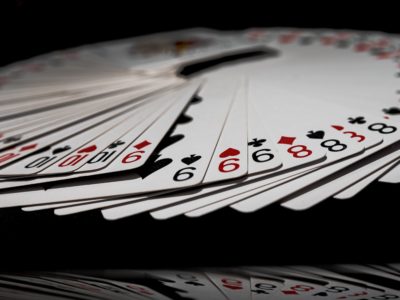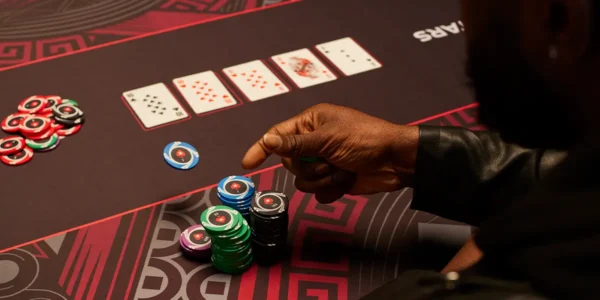How to stay focused for an entire poker tournament
Poker tournaments are one of the most challenging yet rewarding formats of the game. More of an endurance race than a sprint, tournaments can last for hours or even days. Maintaining concentration is key to beating the competition.
Of course, knowledge, skill level and experience are all important in poker. But if two players were evenly matched on skill, it’s concentration that would set one apart from the other.
You need to be able to bring your A-game to the table for the full duration. That means from the moment the first hand is dealt until you finish in as strong a position as possible.
Here are some ways to improve your chances of staying focused for an entire poker tournament.
Preparation is key
Poker tournaments can last for a long time. There’s not much point joining in the first place if you’re not prepared to stick it out to the end. So imagine roughly how many hours the tournament will take to finish, then make sure you have the time free to play it all.
For online turbo tournaments or casino daily tournaments, you’re looking at anything from four to six hours. When it comes to slower structures, you may be looking at more like eight to ten hours. Some weekly tournaments or special events can run for several days.
Be sure to clear your to-do list before sitting down to a play a major tournament. Take care of your work, spend time on your relationships, tick off the stuff you need to do around the house. This frees up time and mental space that you can truly dedicate to poker and just poker.
There’s lots you can do to improve concentration before the session even begins. Eat a healthy, nutritious meal. Do a spot of exercise to get the blood flowing. And stay hydrated by drinking plenty of water.
By the time you sit down to play the poker tournament, you should feel like everything else has been taken care of. No distractions. With a happy body and mind, you’ll have a much better chance to maintain your focus.

Making the most of breaks
Once you sit down to play the tournament, you should be settled in for hours of play. You will, however, be able to take regular scheduled breaks to keep yourself fresh. These are usually every couple of hours live and every hour online.
To make the most of these breaks, try not to sit around staring at the screen waiting for the game to resume. Instead, use the time to stand up, stretch and take a walk around. Do a bit of light exercise, get a drink and take care of any other needs you have. Have a light snack if you’re hungry.
Aim to take your mind off poker for five minutes so that by the time you sit back down you’re ready for the action.
Understanding the dynamics of tournaments
What makes poker tournaments unique is that blinds increase steadily throughout the game. This reduces stack sizes as well as making pots worth fighting for, which forces the action. This creates several stages in the tournament, a beginning, middle and end.
Understanding the dynamics of each of these phases will help you to combat boredom and stay focused throughout:
- Early game – At this stage, blinds are relatively low compared to stack sizes. Your task is to accumulate chips by targetting weaker players, usually playing for value. The main source of boredom here is waiting for hands and not having many complicated spots to deal with. Experienced players will often counter this by playing multiple tables. There’s also plenty to do even when you’re not in a hand, but we’ll cover this more further below.
- Mid game – This stage is usually defined by the introduction of antes, which buff up the pot and make preflop battles much more lucrative. At the stage, blinds become relatively high compared to average stacks. Short and even medium stacked players are now forced to take bolder actions. At this stage, you really want to be identifying your opponents and thinking about their tendencies.
- Late game – This is what tournament poker is all about. You get to make the money and play on for an opportunity at a final table finish and potentially big payout. Big moves can win a lot of chips here and mistakes can be costly. The excitement of reaching the late game should keep you going, but you’ll need to stay 100 percent focused at all times to reach the top.
What to do in between hands
A lot of the boredom in tournament poker comes from waiting for hands, especially during the early game. You should be folding the majority of situations, which can feel like a lot of downtime. But with a small change of perspective, you’ll soon see that there’s no downtime in poker – there’s always something to focus on.
When you fold a hand, you can still spend the time inbetween to get a read on other players. Study your opponents and learn their individual tendencies so that you can use this later on to exploit them. Get a feel for the dynamics at the table and how changes to position and stack size influence the moves being made.
Instead of switching off as soon as you fold, you should always be looking to gain more information. Doing so enriches the game and, with this mindset, you’ll be able to stay focused for much more of the tournament.
View Other Blogs
































